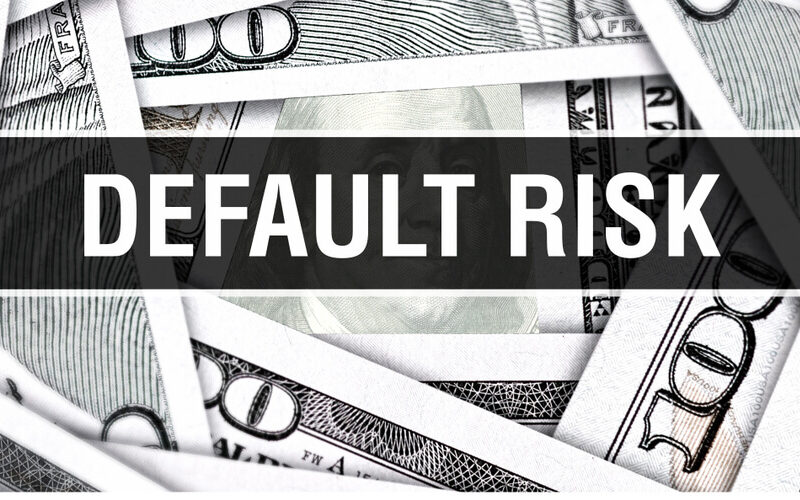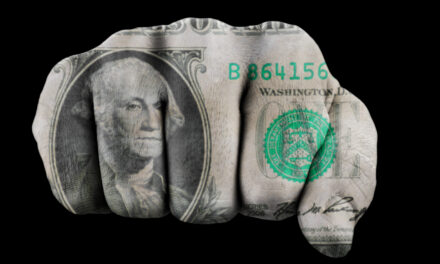Lower than expected tax revenues now mean there is a “significant risk” that the federal government will run out of borrowing authority in the early part of September, according to a new analysis by the Bipartisan Policy Center, a Washington think tank and advocacy group.
The report adds urgency to Washington budget and debt talks that have yet to go anywhere.
The main culprit is that tax revenues are persistently weaker than anticipated, said Shai Akabas, the group’s economic policy director, growing by 2% to 3% instead of the 5% to 6% anticipated earlier. The group, which has had a good track record in prior estimates, said two months ago that policymakers had until at least October before the threat of default.
Also Monday, the Congressional Budget Office estimated that the government posted a budget deficit of $746 billion for the first nine months of fiscal year 2019, on track to approach or top $1 trillion. Revenues were $69 billion higher and federal spending was $208 billion higher over that period.
The new estimate echoes warnings from Treasury Secretary Steven Mnuchin, who is the lead Trump administration negotiator in talks on a bipartisan deal to lift the government’s borrowing cap and prevent automatic budget cuts from hitting the Pentagon and domestic agencies.
Talks foundered before the July Fourth recess but are sure to take on added urgency since the Democratic-controlled House has just three work weeks this month before a scheduled six-week summer vacation. House Speaker Nancy Pelosi, D-Calif., is taking the lead on Capitol Hill, along with Senate Majority Leader Mitch McConnell, R-Ky.
At issue is the government’s $22 trillion borrowing cap, or “debt limit” in Washington parlance. It needs to be raised soon or the government won’t be able to pay all its bills and obligations, a situation lawmakers have always managed to prevent.
Market analysts warn that defaulting or U.S. obligations could spook investors, slam debt markets and increase borrowing costs for the government and individuals. Mnuchin is using now familiar accounting tools called “extraordinary measures” to stave off default.
Both Pelosi and McConnell vow that the government won’t be allowed to default, but both also wish to link the debt limit issue with a concurrent effort to set new spending “caps” for the agency budgets that Congress sets every year. Talks involving the duo started out promisingly but foundered last month in a meeting with administration officials and other lawmakers that featured lots of bickering but little progress.
The deadline for risking a debt default is imprecise since it depends on shifting revenue estimates and when the government needs to post major outlays. It’s still most likely that the so-called X date wouldn’t fall until October, but a shortfall in early September is at least possible.
“This new analysis has revealed a dangerous scenario that cannot be ignored. Budget negotiators need to know that time is running short,” said Akabas.
© The Associated Press. All rights reserved.




